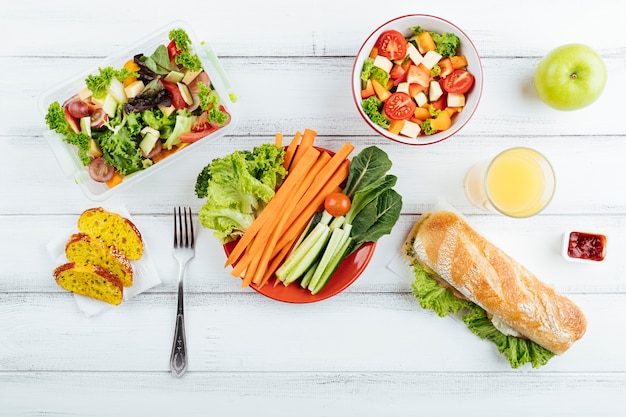Nutrition is vital for everyone, but it holds even more significance for women. Due to the various stages women go through, from menstruation to menopause, their dietary needs continually change. Key nutrients like iron, calcium, magnesium, and vitamin D become increasingly important. Incorporating these nutrients effectively can significantly boost your health. Here are seven simple diet and nutrition tips to help you meet your dietary needs and thrive.
Iron is essential for women’s health, particularly because it helps produce hemoglobin, which carries oxygen in the blood. An iron-rich diet supports healthy skin, hair, and nails. Due to menstruation, pregnancy, and breastfeeding, women require more iron than men. Foods like red meat, poultry, seafood, leafy greens, dried fruits, and fortified cereals are great sources of iron. Consuming enough iron helps prevent anemia, which can cause weakness and fatigue.
Protein is crucial for muscle strength, tissue repair, and overall health. A well-cooked steak on a gas grill is a delicious way to get your protein, retaining vital nutrients while capturing a smoky flavor. Spice it up with herbs to avoid unhealthy sauces. However, diversify your protein sources by also including poultry, fish, and plant-based proteins in your diet. This variety ensures you get a range of nutrients, making mealtime both nutritious and exciting.
Bone health relies on calcium, magnesium, and vitamin D. These nutrients keep bones and teeth strong, regulate heartbeat, and support the nervous system. Calcium is found in dairy, leafy greens, certain fish, grains, tofu, and cabbage. Magnesium aids calcium absorption and is abundant in green veggies and seeds. Vitamin D, sourced from sunlight, salmon, shrimp, fortified milk, cod, and eggs, completes the trio. A balanced diet ensures your body gets these crucial nutrients, keeping your bones healthy.
While dairy is a rich source of calcium, it also contains saturated fats, which can lead to health issues like heart disease. Choose low-fat or fat-free dairy products to limit saturated fat intake. But be cautious: reduced-fat dairy often contains added sugars. So, moderate your dairy consumption, opt for lower-fat choices, and be wary of hidden sugars in supposedly healthier options.
Exercise is also key to bone health. Weight-bearing activities like walking, dancing, yoga, and weightlifting can reduce the risk of osteoporosis. These exercises strengthen your bones, and resistance training is especially beneficial as you age, preventing bone mass loss. Avoid smoking and excessive alcohol consumption, as these increase osteoporosis risk. Regular exercise combined with a healthy lifestyle enhances bone health and reduces bone-related issues.
Menstruation increases the need for iron. Lacking this nutrient can lead to iron deficiency anemia, causing shortness of breath, fatigue, and weakness. Ensure your diet includes iron-rich foods, particularly during menstruation. Fish, poultry, fortified grains, spinach, and berries are excellent sources. Pairing these foods with vitamin C-rich items can enhance iron absorption, maintaining your energy levels and overall health.
Knowing how much of each nutrient your body needs daily is crucial for overall well-being. The recommended daily calcium intake is 1000 to 1200 mg. For magnesium, aim for 320 to 400 mg to support muscle strength. Consume at least 600 IU of vitamin D for bone health and immune function. Iron requirements depend on age: 15-18 mg for younger women, 8 mg for women over 51. By following these guidelines, you can ensure you’re getting the nutrients needed for strong bones, muscle function, and energy.
The seven tips outlined here can help women nourish their bodies, manage weight, and reduce chronic disease risks. Make sure your diet is balanced and includes adequate amounts of these essential nutrients. Prioritize your health by incorporating these tips into your daily meals.

